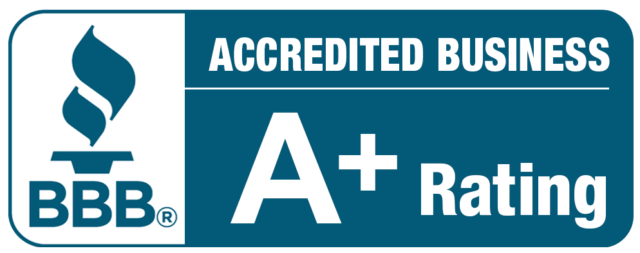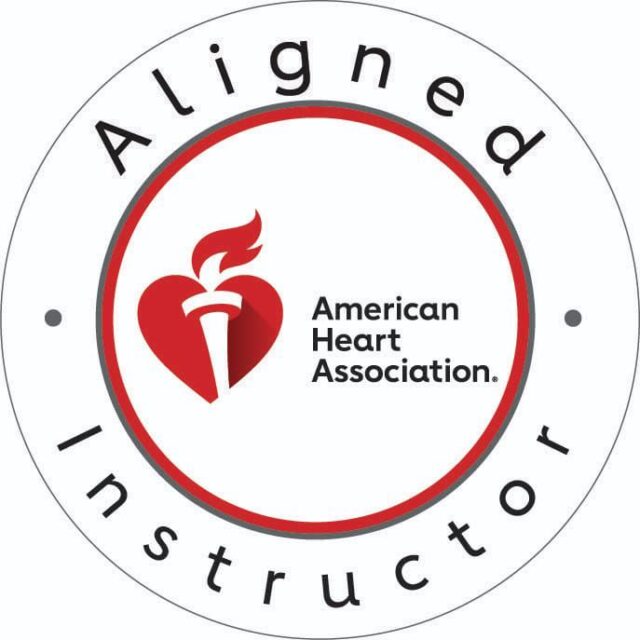Are there technology solutions for medication reminders? Is there a seamless way to track my medication schedules and help me stay consistent? Well, yes there are.
The world as it is is fast-paced. Technology has seeped into every aspect of our lives, transforming the way we perform daily tasks and that includes healthcare management. In our guide, Medication Adherence for In-Home Care, we reiterated the need for medication adherence as it impacts the progress of recovery for in-home care patients.
Taking prescribed medications as directed plays a pivotal role in maintaining health and managing chronic conditions. However, studies indicate that a significant number of patients struggle to adhere to their medication schedules. Missing or breaking the medication schedule will impact the recovery of patients. That should no longer be a worry in today’s world.
Thankfully, advancements in technology have led to the development of innovative solutions such as apps, alarms, and smart devices that can revolutionize medication reminders and ultimately improve patient adherence rates.
Here in this guide, we bring these technologies to your fingertips to help you as an individual, caregiver, or family of one who is on a medication schedule to help you keep on schedule. These technologies serve as reminders and can be tweaked in many ways to serve you.
Do Technological Reminders Work For Medication Reminders?
Yes, technological reminders have been proven to be effective for medication reminders. Numerous studies and real-world experiences have demonstrated the positive impact of using technology, such as apps, alarms, and smart devices, to improve medication adherence.
Why Do You Need Technological Reminders?
Here are some reasons why technological reminders work effectively for medication management:
1. Consistent and Timely Alerts
Technology offers the advantage of delivering consistent and timely reminders. These apps, alarms, and smart devices can be programmed to send reminders at specific times. This ensures that users receive alerts when it’s time to take their medications.
2. Customization
Many of these technological solutions allow users to customize reminders based on their unique medication schedules. Users can set up reminders for different times of day, adjust the frequency of reminders, and even include notes or instructions for each dose.
3. Multiple Notification Channels
Another reason for using tech med reminders is that it provides the flexibility to send reminders through various notification channels. This includes auditory alerts, visual cues, and even vibration. This versatility accommodates different preferences and accessibility needs.
4. Reduced Forgetfulness
Forgetting to take medications is a common barrier to adherence. Technological reminders help combat forgetfulness by consistently prompting users to take their medications, reducing the likelihood of missed doses.
5. Refill Reminders
Some technological solutions also offer refill reminders, ensuring that users don’t run out of medications. This feature helps prevent treatment interruptions and encourages ongoing adherence.
6. Data Tracking
Many medication reminder apps and smart devices offer tracking features that allow users to log in when they take their medications. This data can be valuable for both patients and healthcare providers to monitor adherence and make informed decisions.
7. Caregiver and Family Involvement
Technological reminders can also involve caregivers and family members in the medication management process. Some apps allow users to share their medication schedules with others, enabling additional support and accountability.
8. Education and Information
Some apps provide educational content about medications, including potential side effects, interactions, and proper usage. This information empowers users with knowledge, which can lead to better adherence.
9. Integration with Healthcare Providers
Certain apps and devices can sync with electronic health records or healthcare provider systems. This integration allows healthcare professionals to monitor adherence remotely and intervene if necessary.
10. Gamification and Rewards
Some apps use gamification techniques to make medication adherence more engaging. Users might earn rewards or points for consistently taking their medications, which can contribute to sustained adherence.
While technological reminders are indeed effective, it’s important to note that their success also depends on user engagement and willingness to adopt and maintain their use. Additionally, some individuals might have technological barriers or prefer traditional methods. Therefore, a personalized approach that considers individual preferences and needs is crucial for achieving the best results in medication adherence using technological solutions.
What Technology Solutions for Medication Reminders Can I Use?
While this is not an expert opinion, we have surfed the web to come up with a list of technology solutions for medication reminders. These solutions have been used by many patients and have great reviews. Now here are some suggestions you can use:
1. Mobile Apps
Mobile applications have become indispensable tools for a wide range of tasks, and medication adherence is no exception. Medication reminder apps offer an efficient way to organize, track, and manage complex medication schedules.
These apps are highly customizable, allowing users to input their prescription information and set up personalized reminders based on their specific needs. Some notable features of medication reminder apps include customizable alerts, dosage tracking, refill reminders, family sharing, and interactive education. Examples of such apps include:
2. Alarms
Another medication reminder solution that can work is the traditional alarm. Alarms are simple yet very effective in serving as a med reminder. This is preferable for those who prefer a more straightforward approach.
Traditional alarms remain an effective method for medication reminders. Setting alarms on smartphones, smartwatches, or standalone alarm clocks can serve as timely prompts for taking medication. Here’s why alarms are a valuable solution:
- Immediate Attention: Alarms demand immediate attention, making them ideal for individuals who might overlook less intrusive reminders. The urgency of an alarm can help prevent missed doses.
- Accessibility: Alarms are built-in features of most digital devices, making them accessible to a wide range of users. This simplicity ensures that even older adults or those less familiar with technology can benefit.
- Visual and Auditory Alerts: Alarms often come with both visual and auditory alerts, catering to different sensory preferences. Vibrating alarms on smartphones or watches are particularly useful for those with hearing impairments.
3. Smart Devices
Smart devices are the future of medication reminders. The rise of the Internet of Things (IoT) has given birth to a new generation of smart devices designed to enhance various aspects of daily life, including healthcare. Smart devices offer a seamless and integrated approach to medication reminders, leveraging connectivity to provide real-time support:
- Smart Pill Dispensers: These devices automate medication management by dispensing the correct doses at scheduled times. They can be programmed remotely by caregivers or healthcare professionals, adding an extra layer of support.
- Voice-Activated Assistants: Virtual assistants like Amazon’s Alexa or Google Assistant can be programmed to deliver medication reminders verbally. Users can interact with these devices using voice commands, making them particularly helpful for individuals with mobility challenges.
- Wearable Health Tech: Smartwatches and fitness trackers can integrate medication reminders into their suite of features. They can send notifications directly to the user’s wrist, making it convenient to stay on top of medication schedules.
- Integration with Healthcare Systems: Some smart devices can sync with electronic health records or healthcare apps, allowing healthcare providers to monitor adherence and intervene if necessary.
Conclusion
As the healthcare landscape continues to evolve, technology solutions for medication reminders are gaining momentum as valuable tools in improving medication adherence rates. From customizable apps that offer comprehensive tracking to alarms that demand immediate attention, and smart devices that seamlessly integrate into our lives, the options are diverse and cater to a wide range of preferences and needs.
While these tech solutions hold great promise, it’s important to remember that patient education, communication with healthcare providers, and a holistic approach to healthcare remain essential. These solutions work best when they are part of a collaborative effort between patients, caregivers, and healthcare professionals. By harnessing the power of technology and fostering a supportive ecosystem, we can pave the way for better medication adherence, ultimately leading to improved health outcomes and a better quality of life.
We hope you found this guide helpful.
If you are in Indiana and looking for how to access quality care services and personalized client care plans, visit Good Hands home care agency, where care is offered with professionalism and efficiency.




